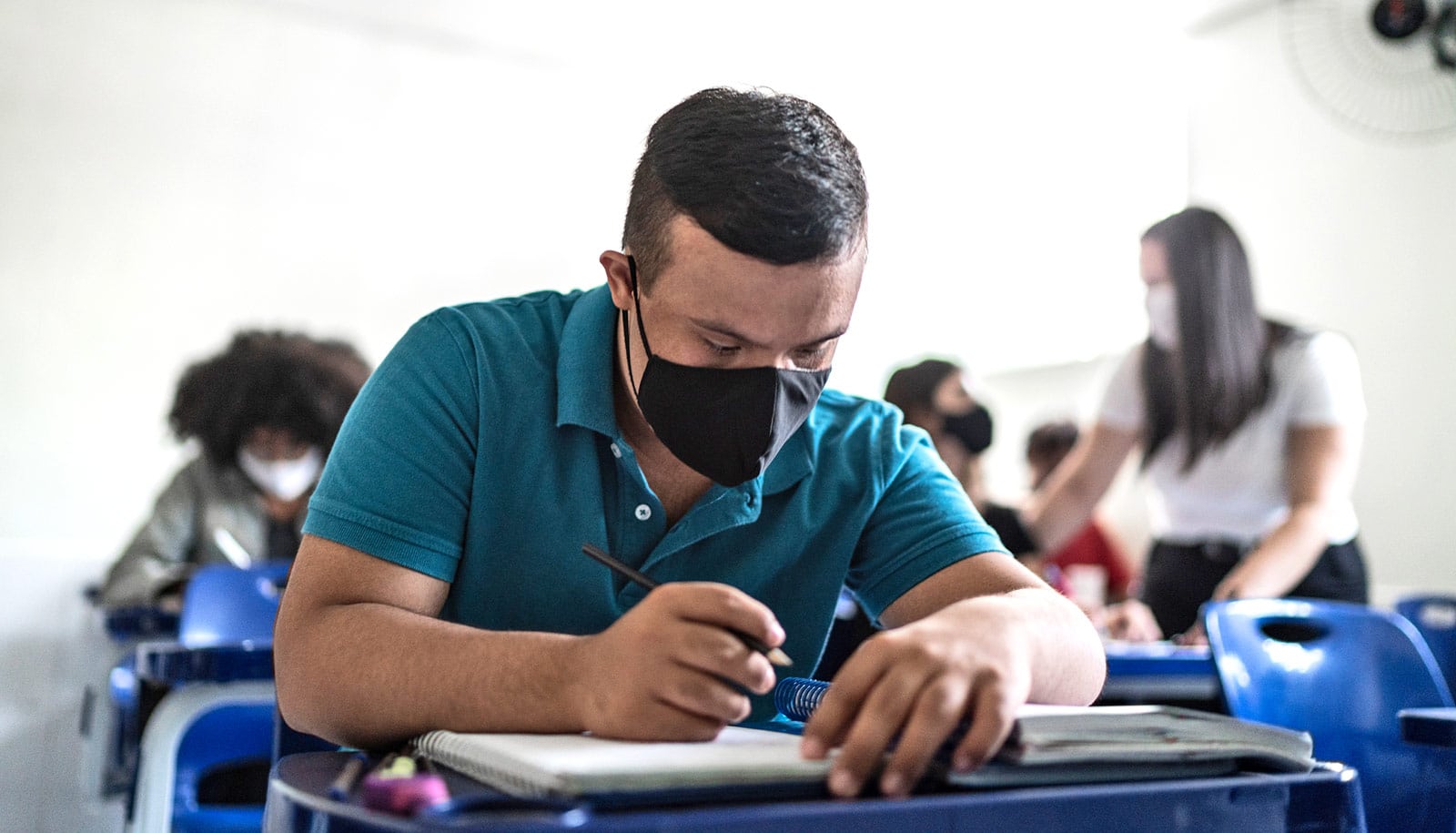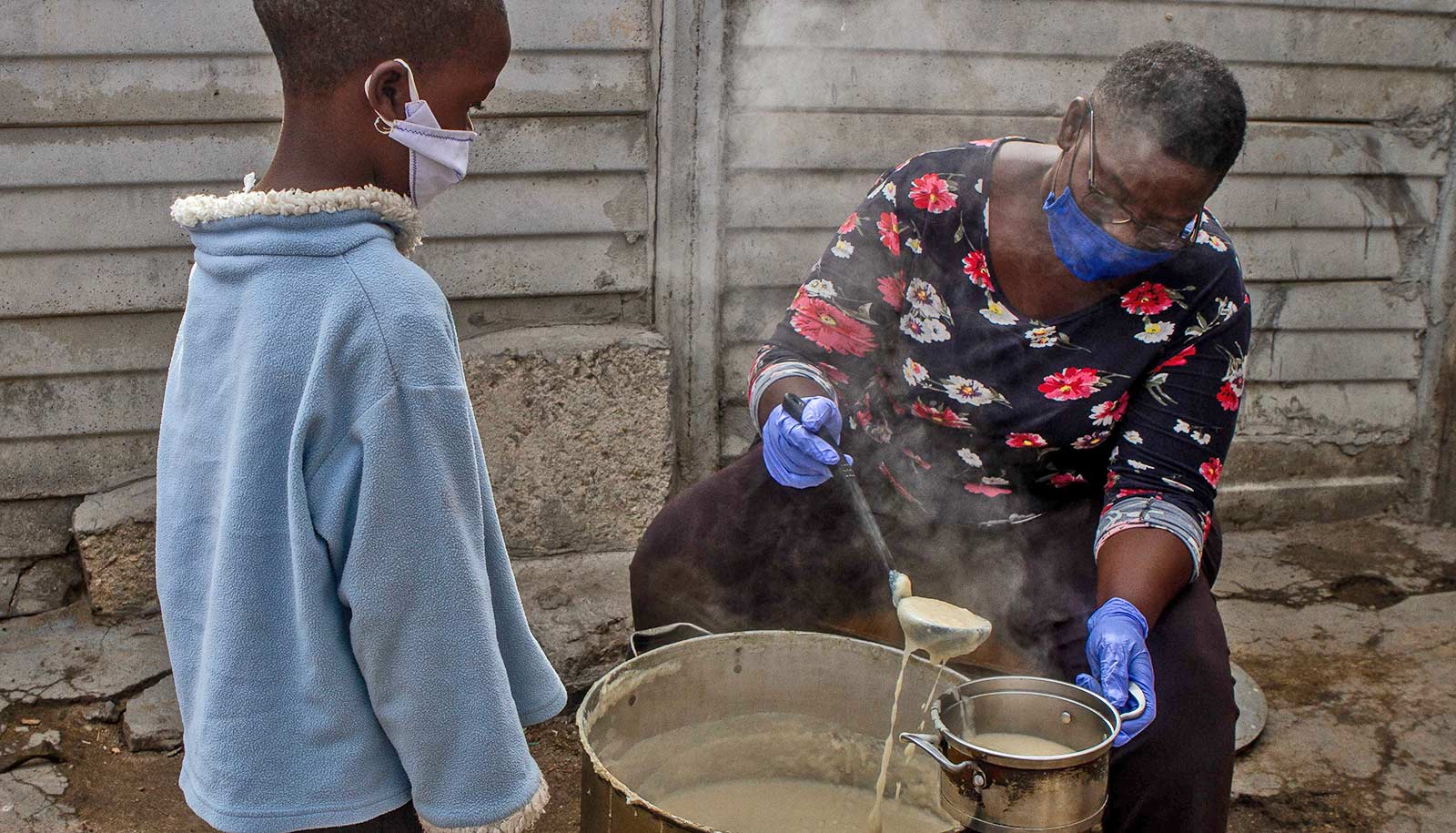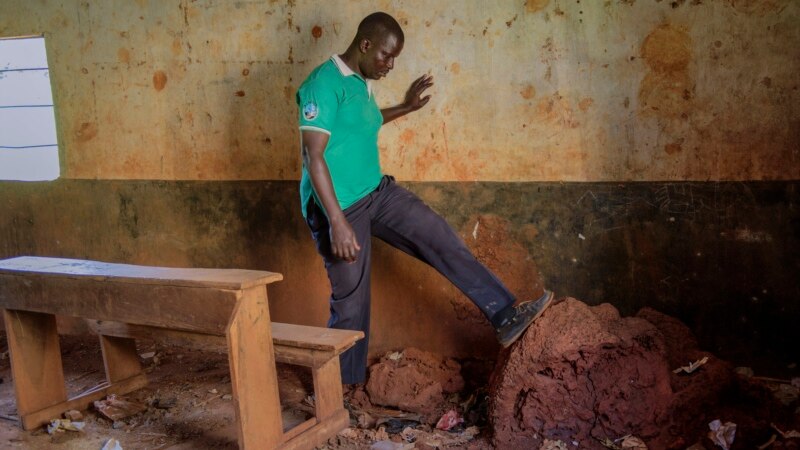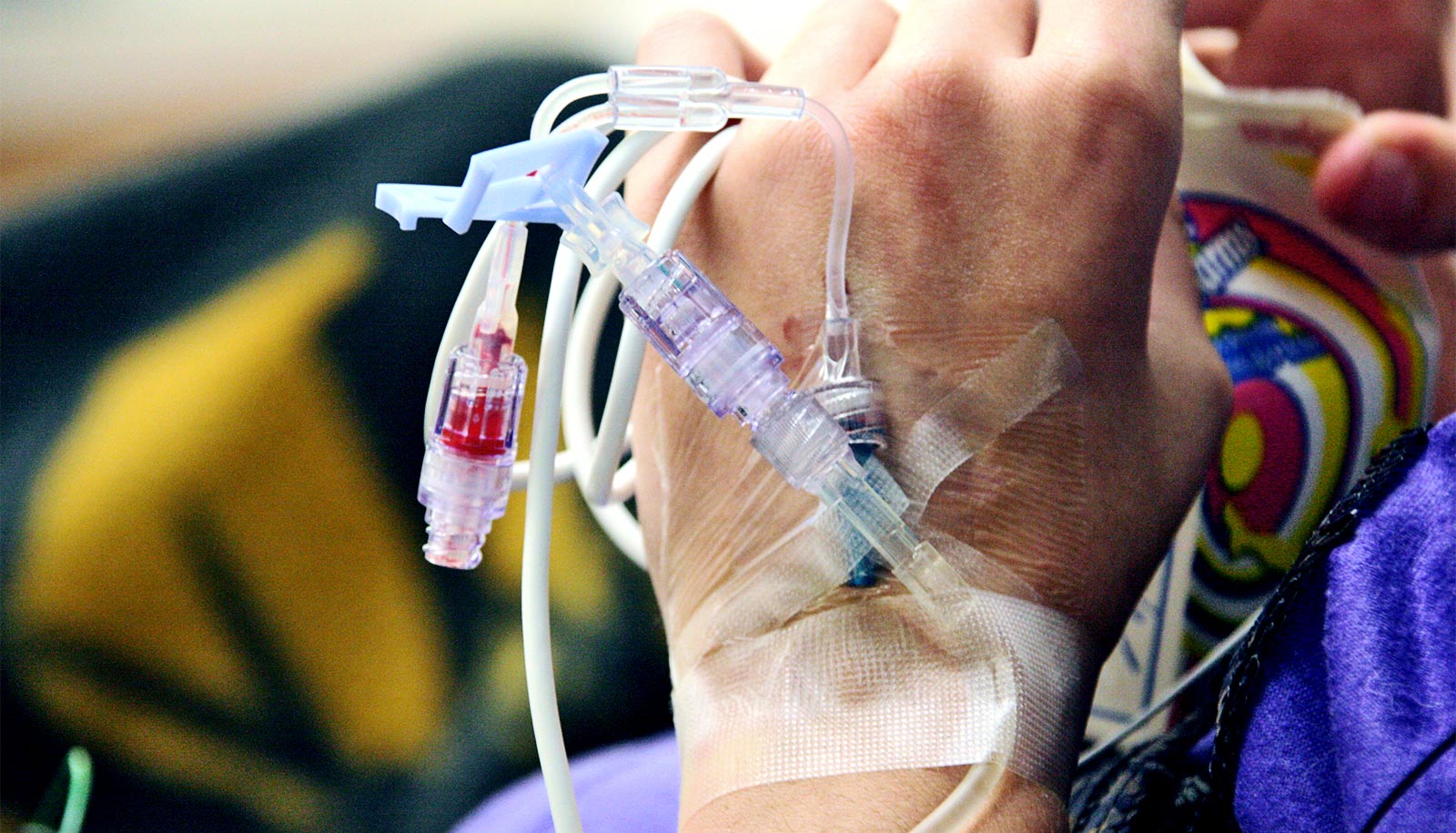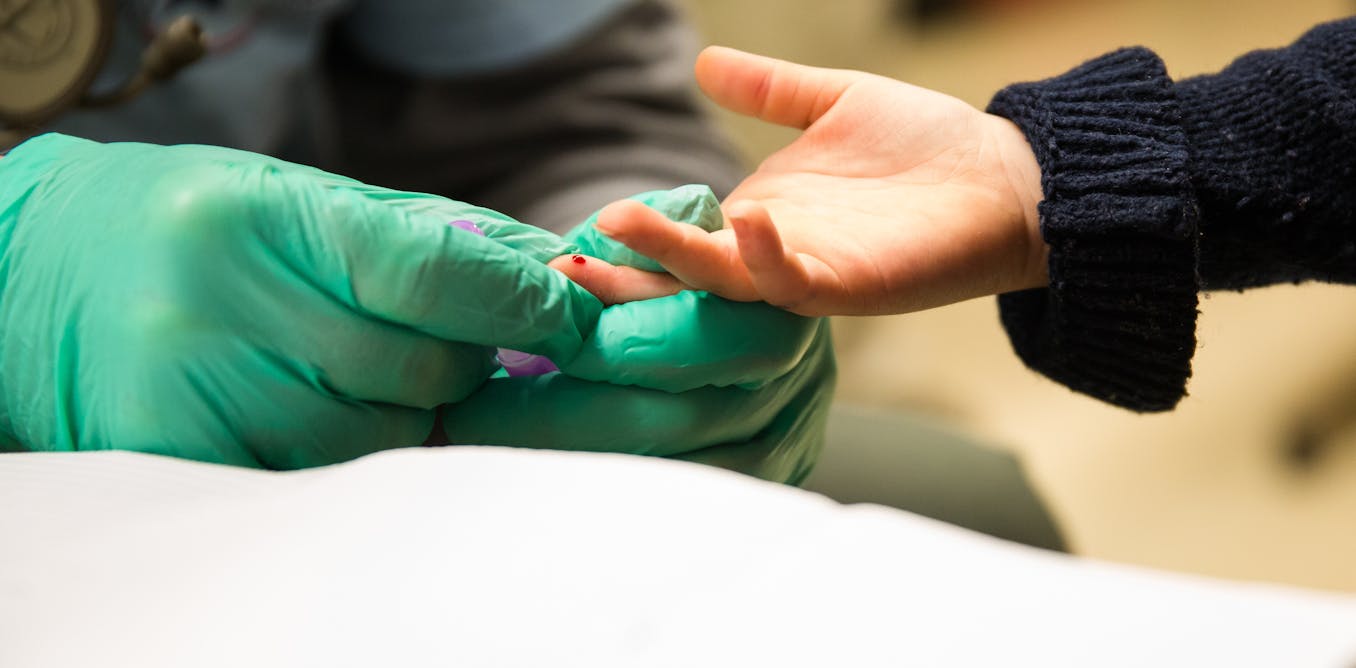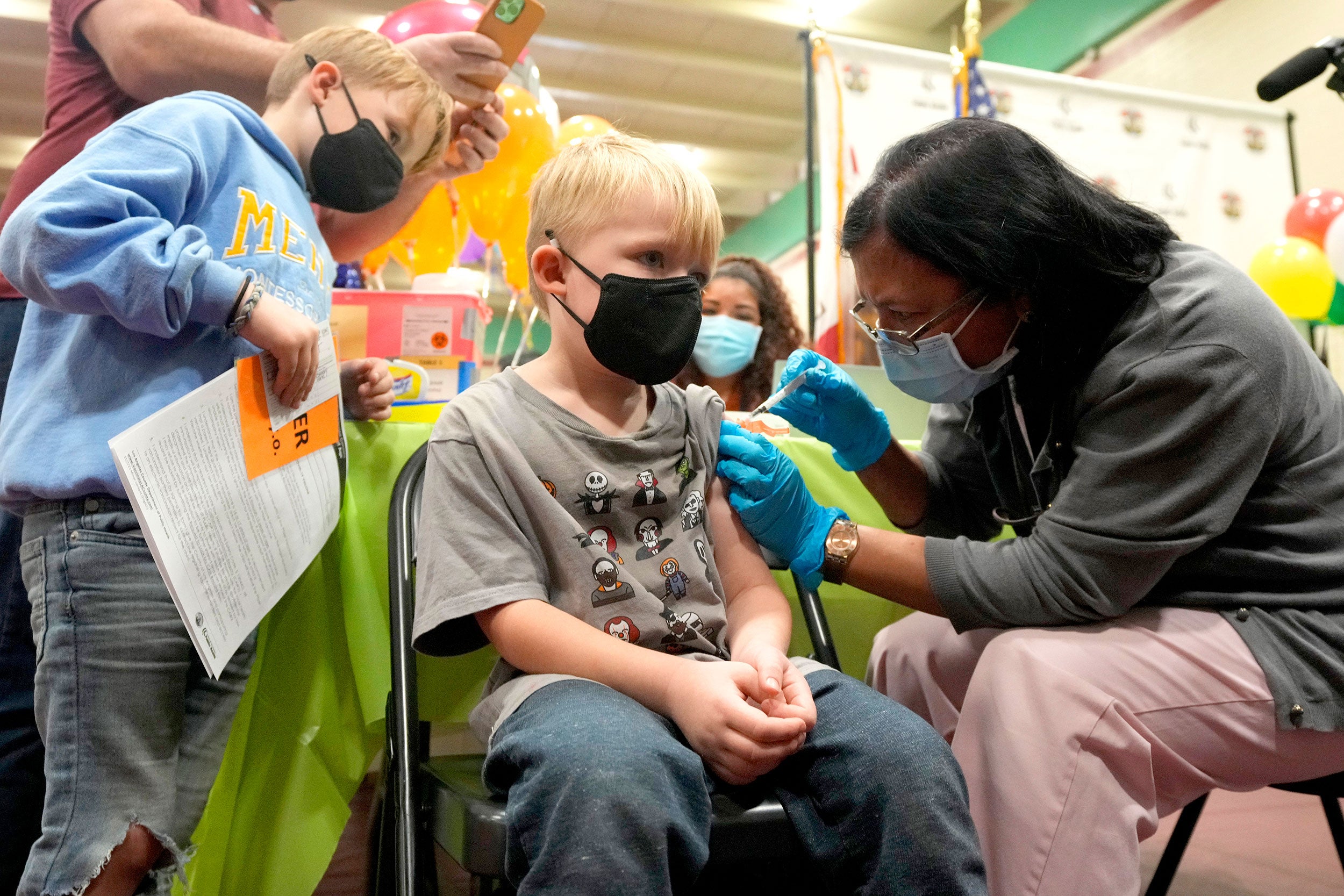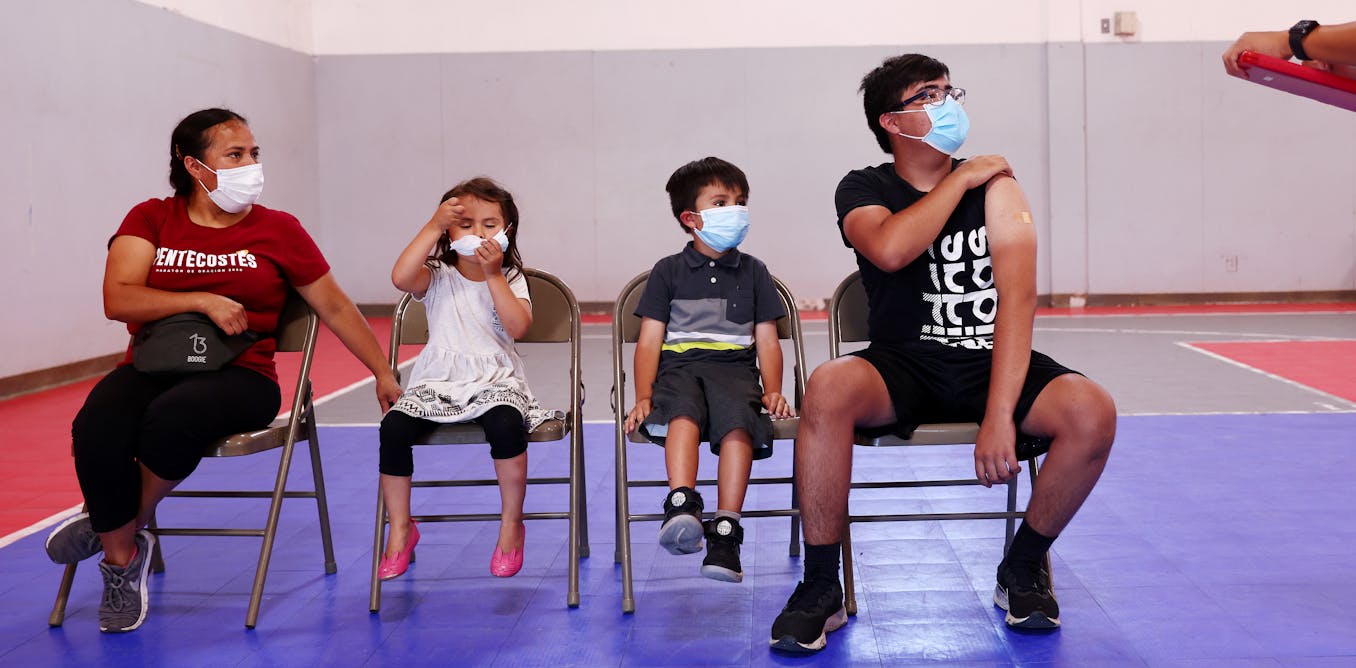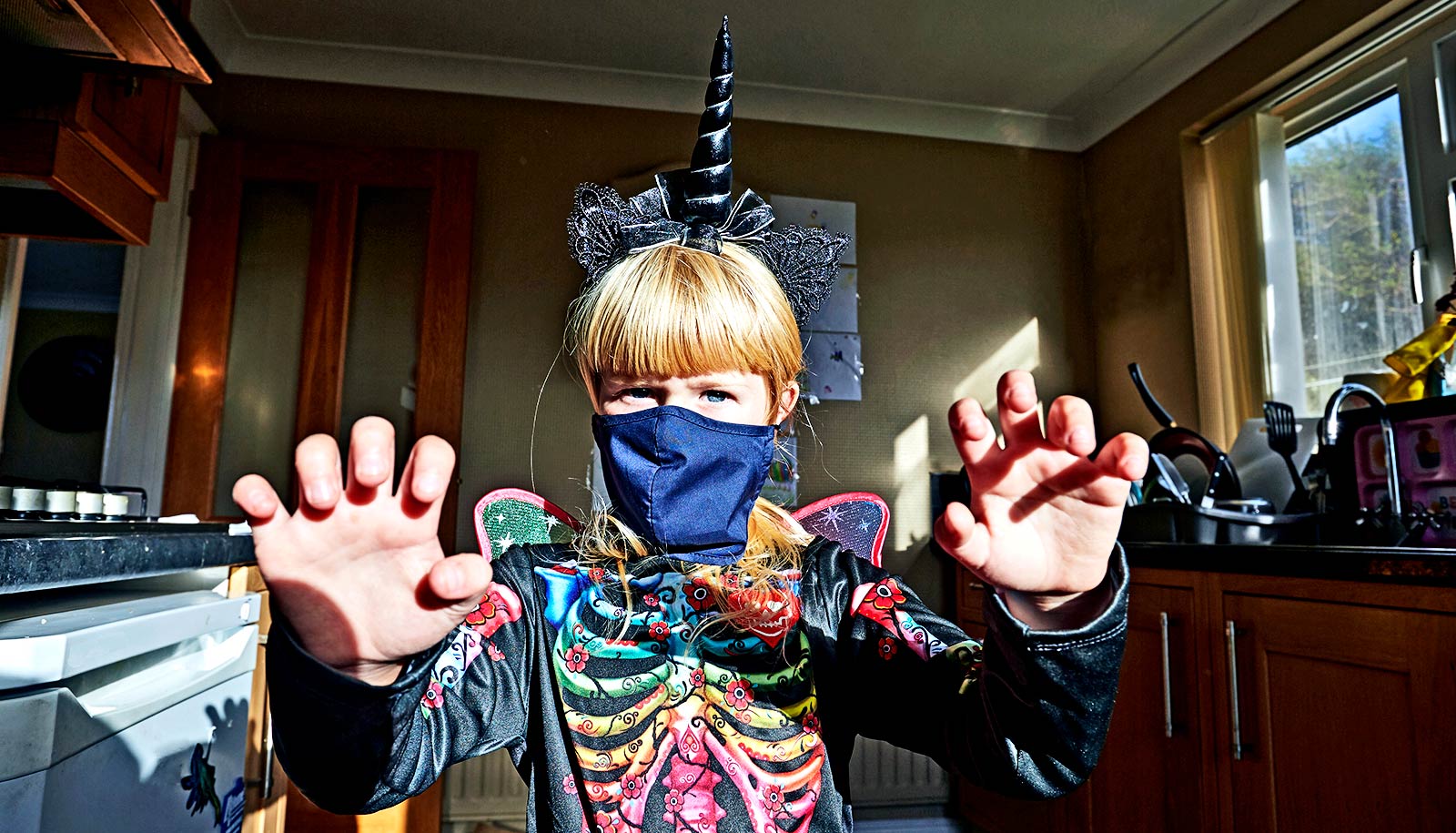A new, lower threshold for lead poisoning in children means more kids will get tested – but the ultimate solution is eliminating lead sources
The Centers for Disease Control has announced a new, stricter standard for lead poisoning in children, which will more than double the number of kids considered to have high blood lead levels.
Gabriel Filippelli, Chancellor's Professor of Earth Sciences and Director of the Center for Urban Health, IUPUI •
conversation
Nov. 5, 2021 • ~9 min
Nov. 5, 2021 • ~9 min
Racial discrimination is linked to suicidal thoughts in Black adults and children
The evidence is growing that experiencing both systemic and everyday race-based discrimination may lead some Black Americans to become depressed and think about suicide.
Janelle R. Goodwill, Assistant Professor of Social Work, Policy, and Practice, University of Chicago •
conversation
Nov. 4, 2021 • ~10 min
Nov. 4, 2021 • ~10 min
Why vaccine doses differ for babies, kids, teens and adults – an immunologist explains how your immune system changes as you mature
First CDC signed off on a COVID-19 vaccine for adults, then teens. Now US children ages 5 to 11 are officially eligible for shots. Here’s the science on why each group needs to be considered separately.
Brian Peppers, Assistant Professor of Pediatric and Adult Allergy/Immunology, West Virginia University •
conversation
Nov. 3, 2021 • ~7 min
Nov. 3, 2021 • ~7 min
The FDA authorizes Pfizer's COVID-19 vaccine for children ages 5 to 11 – a pediatrician explains how the drug was tested for safety and efficacy
Pediatric clinical trials for the COVID-19 Pfizer vaccine for children ages 5 to 11 have shown that the Pfizer shot is safe and effective.
Debbie-Ann Shirley, Associate Professor of Pediatrics, University of Virginia •
conversation
Oct. 29, 2021 • ~10 min
Oct. 29, 2021 • ~10 min
/
82

